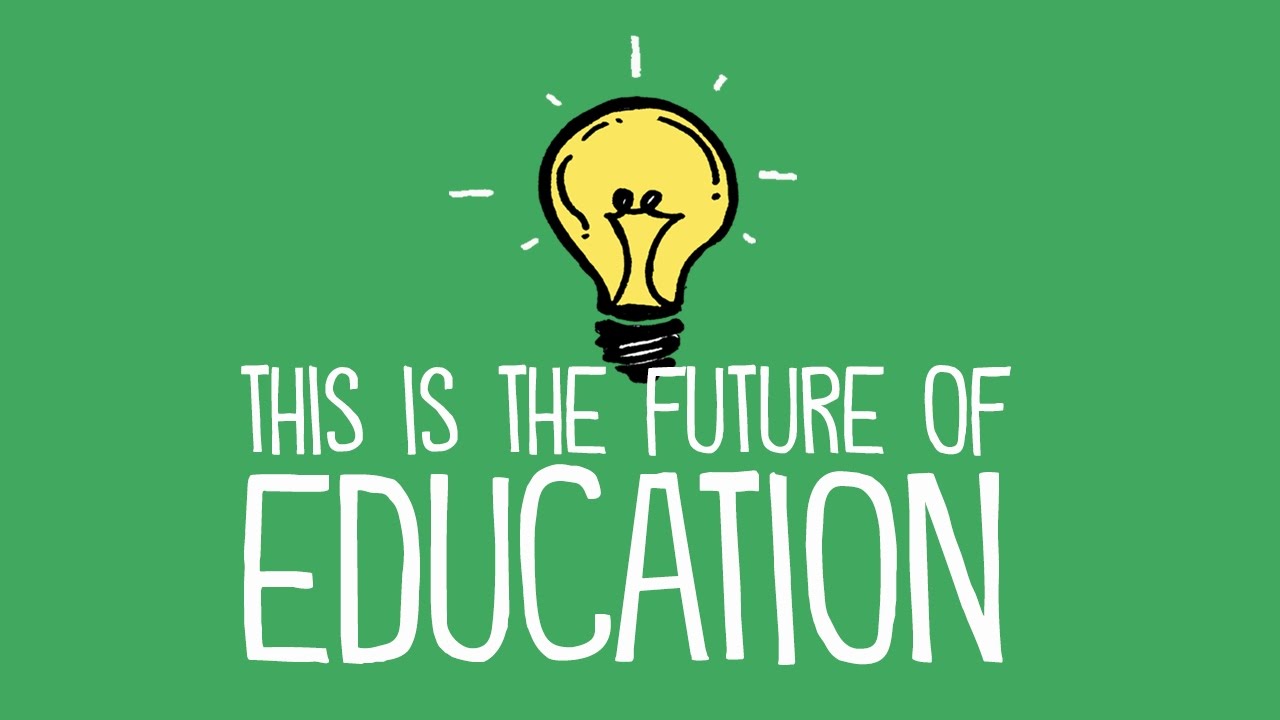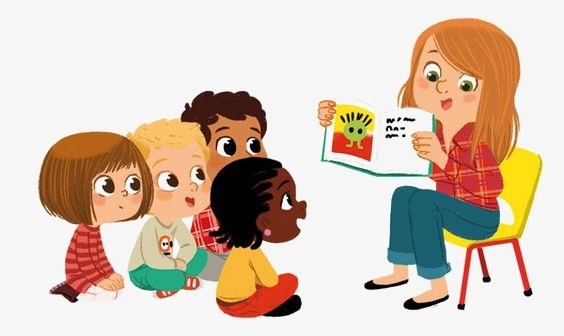“Since we can’t know what knowledge will be most needed in the future, it is senseless to try to teach it in advance. Instead, we should try to turn out people who love learning so much and learn so well that they will be able to learn whatever needs to be learned.”
~John Holt

Curriculum Intent
We have designed our curriculum to be coherent, challenging and dynamic. This enables all subjects to be aligned and reinforce one another to ensure new knowledge and skills are built upon. To guarantee coverage we have an organised curriculum that is based on a flexible 3 year cycle; so that it can be adapted to meet the needs and interests of our children. Our mastery approach provides opportunities for children to apply their skills across the curriculum and through cultural capital and British values, expand their experiences. We believe it is not about racing through the curriculum; it is about children developing a deeper understanding and giving any child, of any ability, in any subject the opportunity to show mastery of their learning. This complies with our duties as set out in the Equality Act 2010 and the Special Educational Needs and Disability Regulations 2014 making our curriculum accessible for those with disabilities or special educational needs.
Our long-term intent is to increase the number of educational visits and lessons that take the children out of their normal classroom routine, with the aim of widening the children’s horizons and raising their expectations and aspirations.
Our curriculum is carefully differentiated and provides age appropriate challenges, therefore addressing the needs of all groups of learners.
Our intention is to:
- Inspire children to develop a love of learning
- Encourage children to think and learn for themselves, becoming masters of their own learning
- Embed skills to prepare children for further learning
- Develop a broad and rich vocabulary across the curriculum
- Take learning beyond the classroom, broadening their experiences across the world
- Build confidence and motivation to help children overcome barriers to their learning and have high aspirations
- Enable children to use their acquired skills and knowledge to observe, question and think
- Be respectful of the diversity of our school, its community and abilities of all children

“It is not what you do for your children by what you have taught them to do for themselves that would make them successful human beings”
~Ann Landers
Curriculum Implementation
We teach a ‘topic’ approach, which makes relevant links and provides a meaningful context for learning. In EYFS we deliver in line with the ambitions of Development Matters. In Key Stage 1 we use the National Curriculum as a basis and adapt it to the needs of our children.
From our 3-year cycle, the termly overview is devised to ensure there is a clear sequence of learning. We have purposely limited the number of different aspects studied within a subject area to enable us to deepen learning.
‘Child talk’ has become a strength, enabling teachers to help children develop a rich vocabulary and language. Using some of the principle of Metacognition; ‘Think, Pair, Share’, and the careful use of questioning, teachers are able to check children’s understanding and challenge them.
We enrich the curriculum by inviting visitors into the school and practical activities are used to inspire learning. Themed weeks are designed to promote skills and embed the mastery approach.
Individual education plans are devised, where appropriate, to ensure the curriculum is adapted to the specific needs of learners. The school will go to any length to meet the individual needs of children.
Opportunities to develop reading skills are utilised widely and a love of reading, through the ‘Power of Reading’, is actively promoted, via focused incentives and rewards. This helps us address the issue that many children do not read at home.
The school has its own data tracking system which both parents and teachers find helpful in order to identify next steps in learning. Data is collected 3 times a year for all subjects.
There are three aspects to our curriculum;
- Statutory – EYFS (Development Matters 2021) and National Curriculum (aligned with the 2014 Edition)
- School Level – enriching the experiences of our children, to include the social aspects that are essential for lifelong learning
- Classroom – teachers understand how curriculum informs choice about content and sequencing.
Curriculum Impact
One of the primary reasons for choosing to create this curriculum is because it emphasises the importance of developing the depth of children’s learning, with equal measure in all subjects. Children need to be able to: ‘Learn, Know and Do’. It is the school’s aim for our children to be able to apply their knowledge and skill sets in a range of contexts both in school and real life.
Our end of Key stage 1 data shows that attainment in Reading, Writing and Maths, both as individual subjects and combined, are above national standards. However, we as a school, value the Personal social and Emotional development of our children, because without it they are not going to be successful. Therefore, we place importance on all the other subjects; it is not all about the children who do well in English and Maths, it is about the others too.
With the new reading reward scheme, more parents have listened to their children read at home and they are now enthused to engage with this initiative.
Children enjoy our themed approach to learning and are motivated to learn more. They say they learn well because of working walls, Magpie displays, their ‘have-a-go-books’ and the 5 B’s (Brain, Bits and Bobs, Board, Buddy, Boss)
The overall impact is that the children and their families enjoy the educational experience they receive from Doddinghurst Infant School. We hope this will stay with them as they progress through education, allowing them to draw on and utilise the skills, which have been embedded at this early stage of their school journey.

